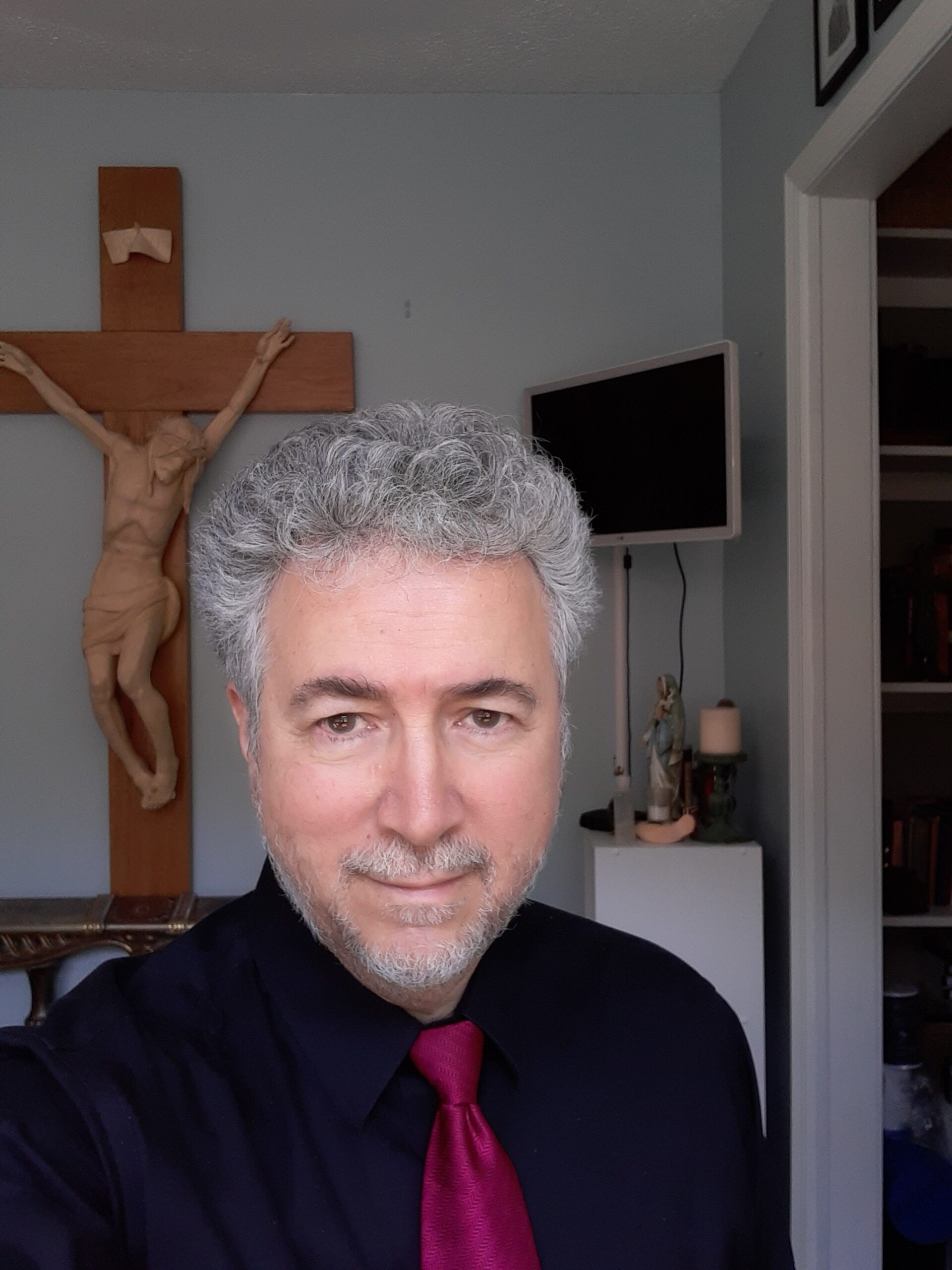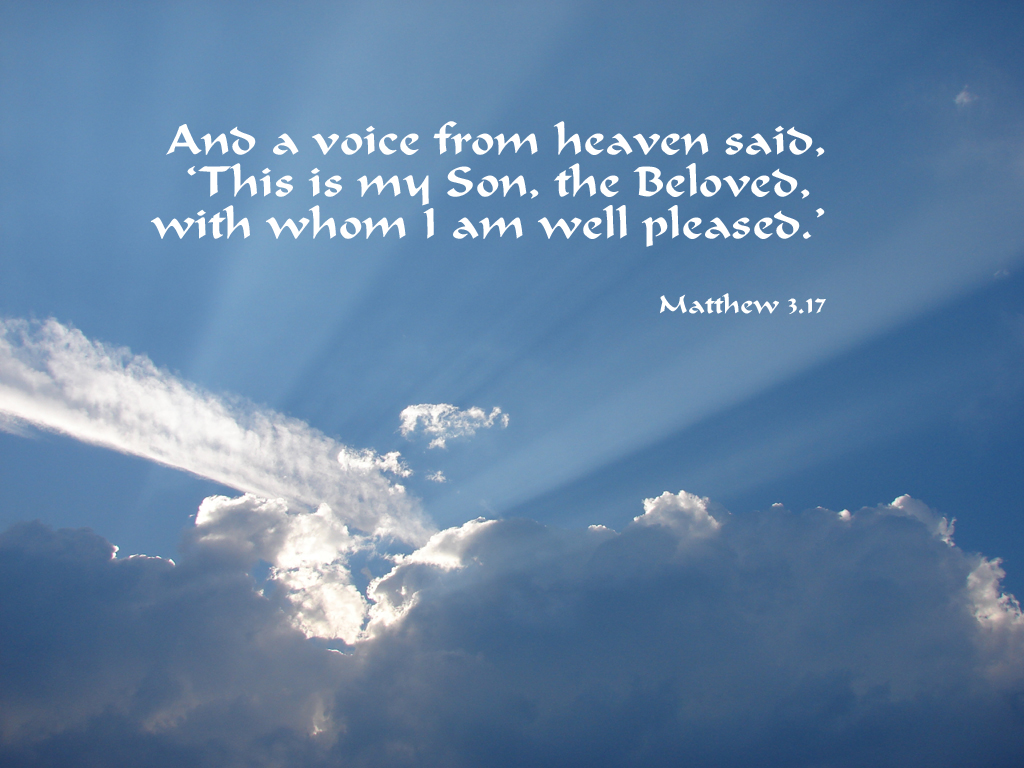Today’s gospel reading at Mass is a little mysterious. In the Gospel of John, after Jesus reassures His disciples that He and the Father are One (Jn 10:30), that when you see Him you see the Father (Jn 14:9), and that He is in the Father and the Father is in Him (Jn 14:11), Jesus then tells his disciples: “the Father is greater than I.” Fascinating. Since they are co-equal in divinity, then in what respect, we might ask.
The Greek word “meizon” used here for ‘greater’ seems to generally mean greater in stature – physically or spiritually. So, how can the Father and Jesus be One, yet the Father be greater? Divine Revelation gives us enough upon which we could at least speculate.
Going back to John 1:1, it reads “In the beginning was the Word, and the Word was WITH God; and the Word WAS God.” The ‘Word’ (capital W) here speaks of the eternal Son within the Trinity, who becomes Jesus in the incarnation. There’s a distinction here in John 1:1 between the eternal Son’s Personhood (He was ‘with’ God) and His Being (He ‘was’ God). In other words, in the beginning the Son was with the Father, and they are both God.
How does this relate to John 14:28?
While the Son is God, He is also eternally begotten of the Father. Like Eve begotten of Adam in time, the Son is eternally begotten of the Father. This distinct mode of being also points to a difference in authority. The Son, who is generated of the Father – Who is the eternal Source of Being – seeks only to do the Father’s will as the incarnate Word (Jn 6:38).
We can glimpse a reflection of this dynamic of the Trinity in the human masculine-feminine dynamic. In the body of the family, husband is head while wife is the heart, each co-equal in being and interdependent, but distinct. As Pope Pius XI said in Casti Connubii, “He occupies the chief place in ruling, so she may and ought to claim for herself the chief place in love” (CC, sec. 27).


Exodus 33:20, “He [God] said, “you cannot see my face, for man shall not see me and live. ‘
“Behold this is my son” and what about the other “sons of God.” ?
Jacob is God’s son and firstborn: “Israel is my son, even my firstborn”
Exodus 4:22. Solomon is God’s son “He shall build an house for my name, and I will establish the throne of his kingdom for ever. I will be his father, and he shall be my son”:
2 Samuel 7:13-14. Ephraim is God’s firstborn: “for I am a father to Israel, and Ephraim is my firstborn”
Jeremiah 31:9 (who is God’s firstborn? Israel or Ephraim?). Adam is the son of God “Adam, which was the son of God” Luke 3:38.
Lawrence, bible scholars have been pondering these sayings for a couple millennia. Even angels are at times called ‘sons of God’. Yet, no one else has ever been seen as the eternal Word (expression/wisodm/Logos) of God Himself, who “is” God (Jn 1:1). Jesus also refers to Himself as the son of man in the sense of the prophecy in Daniel 7:13-14.
Christians also believe that the Holy Spirit was sent to form and lead the Church to understand Scripture’s authentic meaning. At the Council of Nicea (325 AD) the Church solemnly declared the divinity of Christ, that He is consubstantial (one-in-being) with the Father. With the Holy Spirit, the Church recognizes God as Trinity, with the second Person of God taking on a human nature to redeem it.